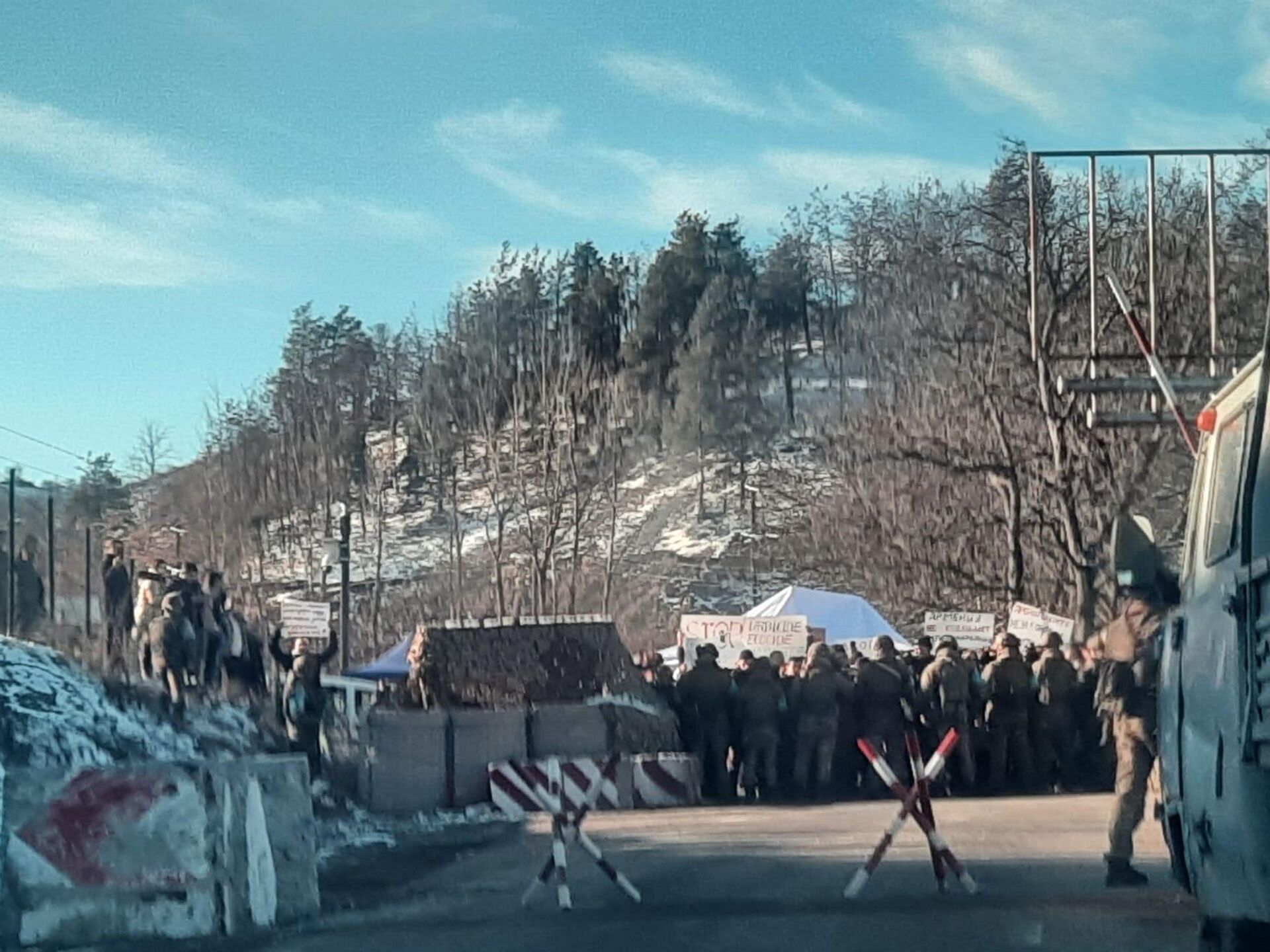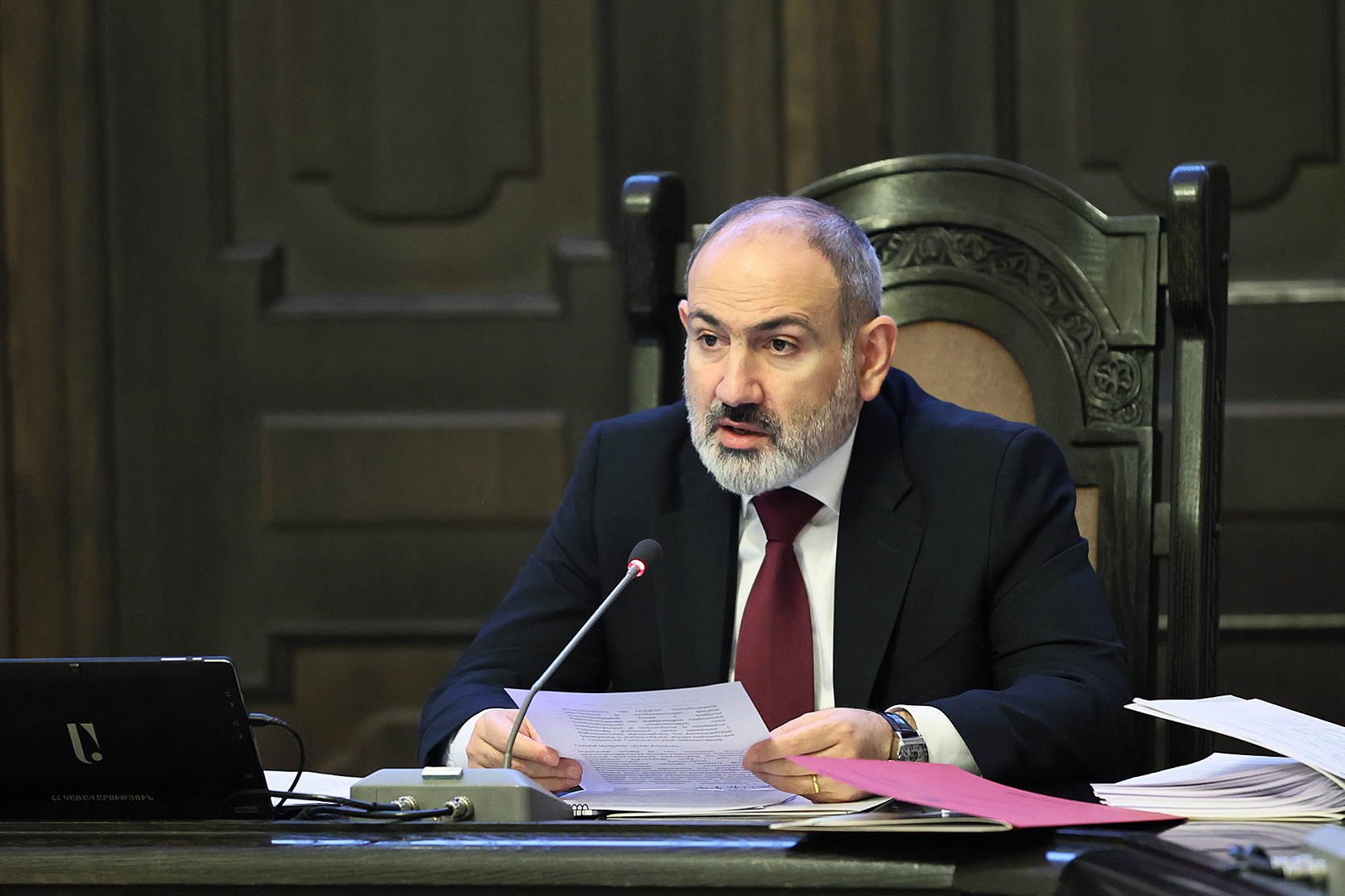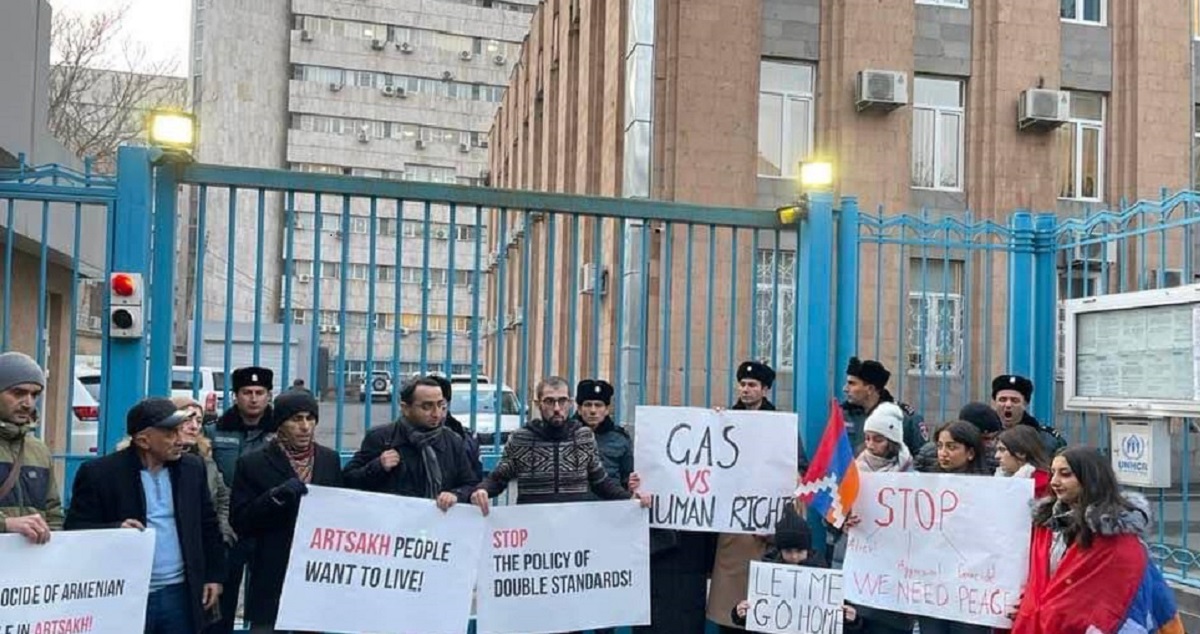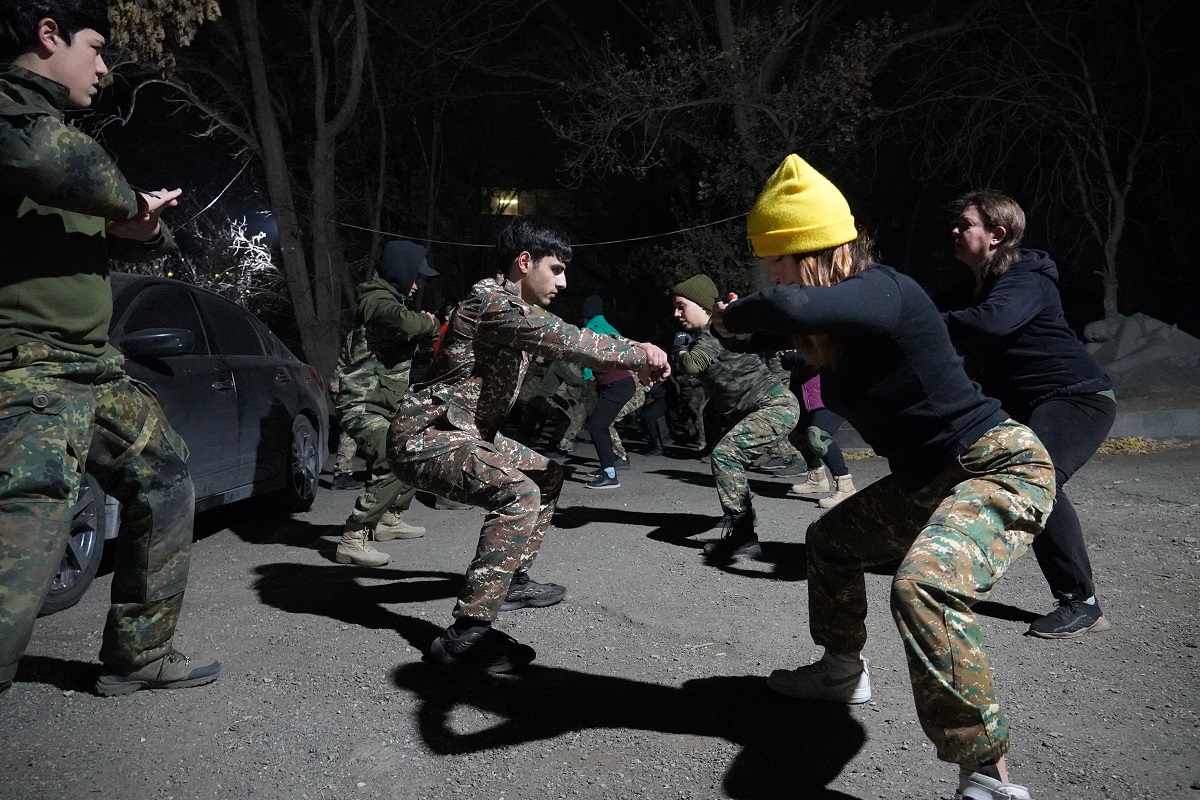What is happening in Nagorno-Karabakh? Personal Stories
Stories of those caught in the blockade
After Azerbaijanis blocked the Lachin corridor, the only road connecting Nagorno-Karabakh with Armenia, many families were separated. Residents of Armenia are forced to remain in NK, and local residents who left cannot return to their families. There is no way to transport seriously ill patients to Yerevan for medical care.
- “Russian peacekeepers must stop certain violations” – Pashinyan
- Details from meeting of UN Security Council on Lachin corridor
- “Azerbaijan creating pretexts for the resumption of war.” Opinion from Yerevan
“I don’t want my child to live in fear”
On December 11, 13-year-old Vladimir arrived in Armenia with a group of children from NK for the Junior Eurovision Song Contest in Yerevan. On December 12 the road was blocked, and the day trip was delayed indefinitely.
“To be honest, I was against my son going to Yerevan. Intuition told me that something should happen after Eurovision. But since my son really wanted to go, I allowed it,” Marina Vanyan says.
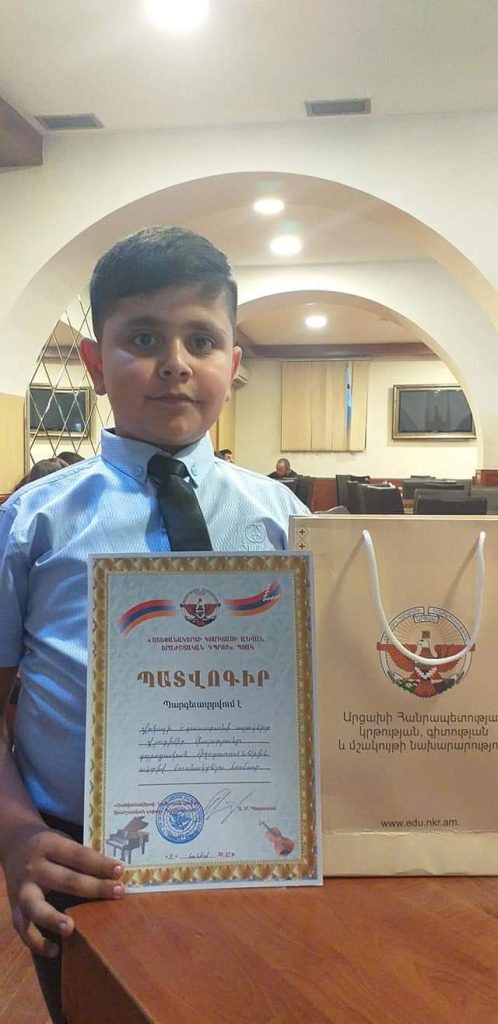
Since Vladimir was leaving for only a day, he did not even have a change of clothes. When it turned out that it was impossible to return home, local residents came to the aid of the group of Karabakh children.
“I understand that my son is safe, but I don’t know what to do with myself. I want my child by my side even in these conditions,” Vladimir’s mother says.
Marina lives in the capital of NK with her husband and three children.
“My daughter says: Mom, Vovka is fine, when you talk to him he laughs. She tries to calm me down,” Marina says.
And her daughter is more interested in when her parents can buy her strawberries.
“She loves fruit very much. I say roads will open, you will have strawberries. She asks, will Vovka come and bring them? I promise that he will.”
The issue of baby food, vegetables and fruits has become very acute in Nagorno-Karabakh. Locals are trying to help each other find and buy what they need:
“The problem is with vegetables, potatoes, beets, carrots, cabbage. Ordinary potatoes have become gold for us. When someone has problems, we call each other, find out where it is for sale and tell each other where to buy. There is not enough baby food; in many shops all the supplies have already been sold.
“People have begun rationing. We’re thinking about how to stretch what we have.
“We don’t know how long this will last, we don’t know what surprises await us. We try to use what we have economically. I give sausage, pasta to children, I expect it to last for a long time,” Marina says.
All local residents say that the first days of the blockade, when the gas was turned off, were the most difficult.
“It was cold in houses, schools, the children got sick.The apartment was heated with electricity, buckets of water were heated with a boiler to bathe the children,” Marina says.
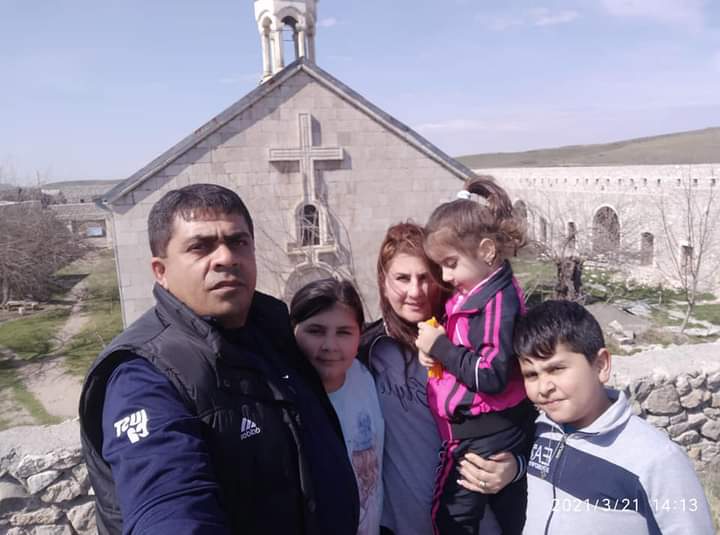
She says she does not know how to answer the children’s question: what if the road is not opened?
“We are so tired, we are constantly discussing this situation: this one came and said something, so everything will be fine, that one said something else – also good. Every day we wait for news to find out who says what, but then we think, it’s all empty words.
We live in the 21st century! How can there be such indifference to people? We live in a small fragile country. But it seems that many in the world do not see us, do not hear or do not want to hear us. And we just want to live peacefully on our land, in safety.”
Stories of people caught in the blockade
Social media groups to help each other
Mariam and Hovik were the last couple who managed to get married in the Shushi Ghazanchetsots Church during the war of 2020. This cathedral, which is especially revered in Nagorno-Karabakh, was heavily bombed twice, and after the war the city was controlled by the Azerbaijani side.
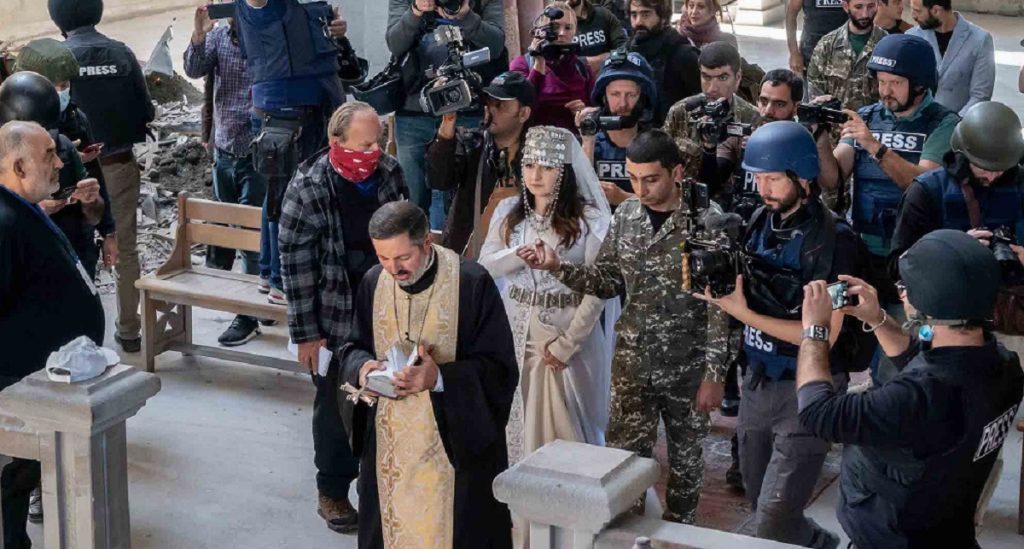
On December 9 of this year their first child was born.
“In the hospital I found out that the road was blocked. My baby and I were discharged from the hospital on December 13th. We came home and after half an hour the gas was turned off,” Mariam recalls.
Due to the cold the child’s body temperature dropped sharply; doctors had to intervene quickly. Now that the gas supply has been restored, the situation is stable, but Mariam fears that at any moment it could be turned off again.
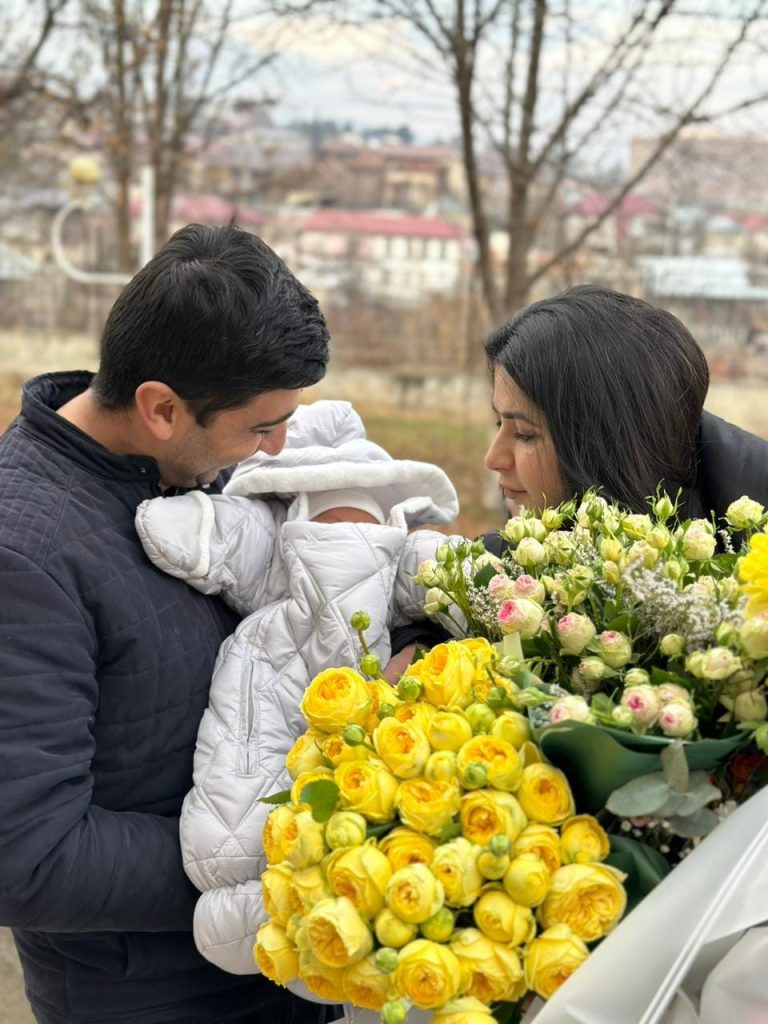
She is also concerned about the lack of baby food and diapers. She says local mothers have come together and created social media groups to help each other:
“Women write who needs what, suggest solutions, help each other. For example, I have infant formula that I don’t need. I have already arranged to give it to another mom from the group.”
Mariam is a journalist by profession, but prefers not to follow the news these days. She says that she gets depressed from the news, and the baby needs positive emotions:
“In these times when normal people in the world are worried about the safety of animals, creating shelters for them, this situation is absurd. 120,000 people are in the blockade, they face vital problems, but the issue is not being resolved. In any case, I hope that the road will be opened and we will be able to live in our homeland.”
The life of a 4-month-old baby in danger
Vladimir is in the intensive care unit of the Arevik medical association; he has been diagnosed with a serious, life-threatening disease. He needs to get to Yerevan immediately, but as of now, it is not possible.
Nor was it possible to speak with the child’s parents. Relatives and the attending physician said they are in a bad state.
“The child’s illness is very specific. Only one hospital in Yerevan treats children with this condition, the Muratsan Medical Center. And if this disease is detected, we immediately send children there,” Karen Mejlumyan, executive director of the medical association, explains.
He says that if urgent measures are not taken with this condition, children succumb quickly, so local doctors have discussed the issue remotely with specialists from the Yerevan clinic. They decided to stabilize the situation on their own for the time being.
“Time is against the child. We had to make a clear and quick decision: wait for the road to open or start treatment. Since it is not clear when it will be possible to arrange transportation, treatment has begun. But all the same, the baby needs to get to Yerevan,” the doctor says.
He is trying to solve the problems of the local clinic, working under austerity measures. His own wife is in the corridor.
“Despite all difficulties, I try to keep a fighting spirit, my family too. We support each other, our spirits are up. This is our land, we have nowhere to go. Everything can and should be endured,” Karen Mejlumyan says.
Stories of people caught in the blockade
Arpine and her colleagues
Because of the blockade, a group of Yerevan residents has remained in Nagorno-Karabakh. One of them is Arpine Khachatryan. She got there on December 9 with colleagues from Synopsys Armenia. This is a large company engaged in research and engineering in the field of information technology. Their group was supposed to return on December 13th.
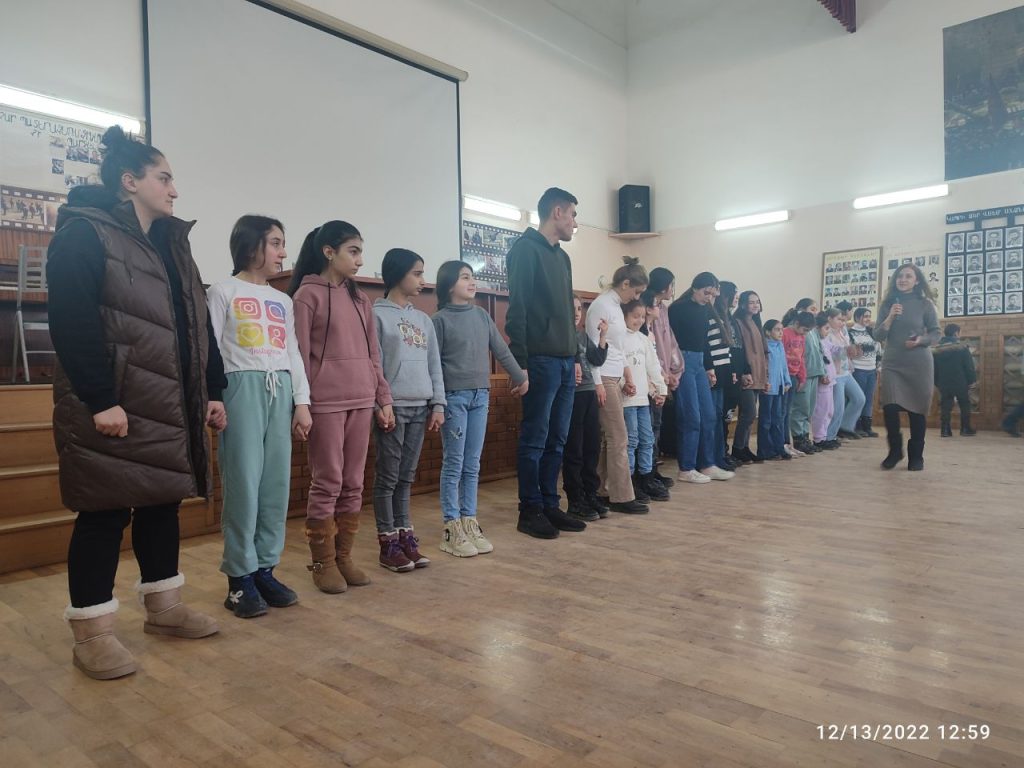
“To be honest, we noticed that something was going on, and this situation was not unexpected for us. We were not surprised when the road was blocked, we were psychologically prepared for it” Arpine says. “We will work from here as long as there is internet.”
She speaks warmly of the locals, admires their courage, will and patience, their desire to help the residents of Yerevan who found themselves in the blockade:
“Everyone offers their help, invites us to live in their homes, at least to visit them. Even in simple human communication, at every step we feel their support.”
The families of the group stuck in NK are worried about them, but for the time being they have to be content with video calls:
“For our families the situation was very unexpected, but now they are slowly getting used to it, trying to wait patiently. I talked to my mother today, she explained that we need to take care of ourselves, not to catch a cold, not get sick, typical mom advice. My friend’s sister also called and said that she was not so worried about us, but about the mothers with many children.”
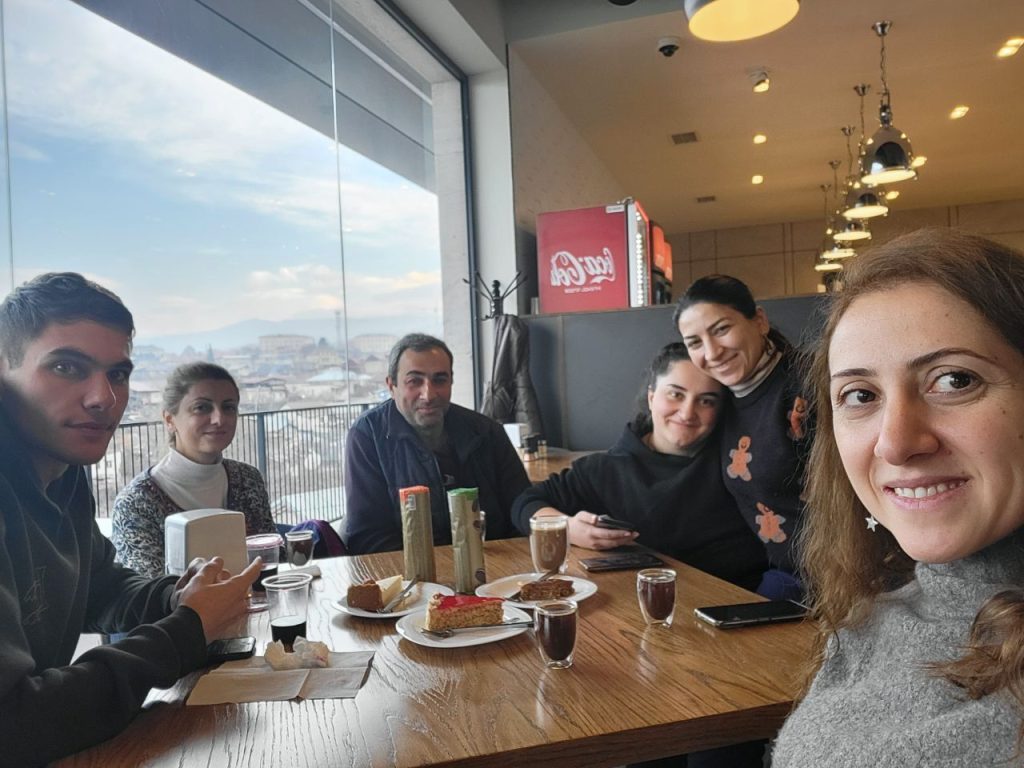
Arpine says that uncertainty worries her and her coworkers the most:
“We are ready to endure bad conditions, we are ready to live in difficult conditions, endure hardships, if only the road is not opened at the cost of painful concessions.”
Stories of people caught in the blockade










